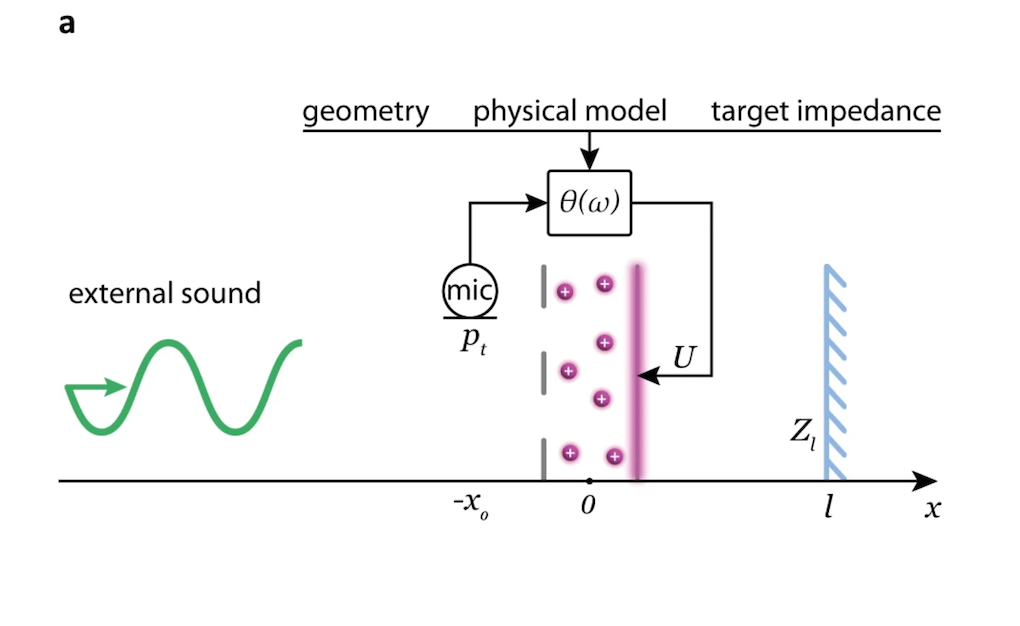- in Production by Bobby Owsinski
- |
- 2 comments
New Noise Reduction Method Uses Ionized Air And Not Much Space
I love to present news about acoustics breakthroughs and there are plenty of them every year. Very few make it out of the lab though, and even the ones that do don’t usually become a commercial success. While this new ionized air noise reduction method might fall into the lab-only category, I feel it’s my duty to at least tell you about it.

In a recent paper in Nature Communications, a group of Swiss researchers show how they used two small wires and a tiny air gap to deaden sound similar to noise cancelling headphones. The trick here is that, unlike other methods, there’s no membrane or material that vibrates, only the directly moving air.
The two wires conduct electricity to form what they call a metalayer in between. According to Nautilus, “The researchers use a microphone to pick up sound and calculate the required voltage to cancel it. The voltage will differ depending on the kind of sound the device needs to eliminate. When one electrode receives power, it ionizes the air nearby with the appropriate voltage, converting the molecules from neutral to charged, which pushes them around. The ions stop the air motion and thereby the noise.”
Here’s what’s impressive. While most acoustic materials and noise cancelling devices do a reasonable job at frequencies above 1kHz, they’re not much good below that. This ionized air method, which the researchers called “subwavelength plasmacoustic metalayer,” (yes, it needs a better name), can reportedly cancel frequencies from 20Hz to 20kHz using a layer that’s only 3 centimeters thick, although it still looks to be most effective about 1kHz.
Like I said, every year there are plenty of experiments and papers similar to this that provide all sorts of the excitement about what’s possible, but never come to fruition, at least not in the form that the researchers develop. Fingers crossed that one actually catches on to help us all.

